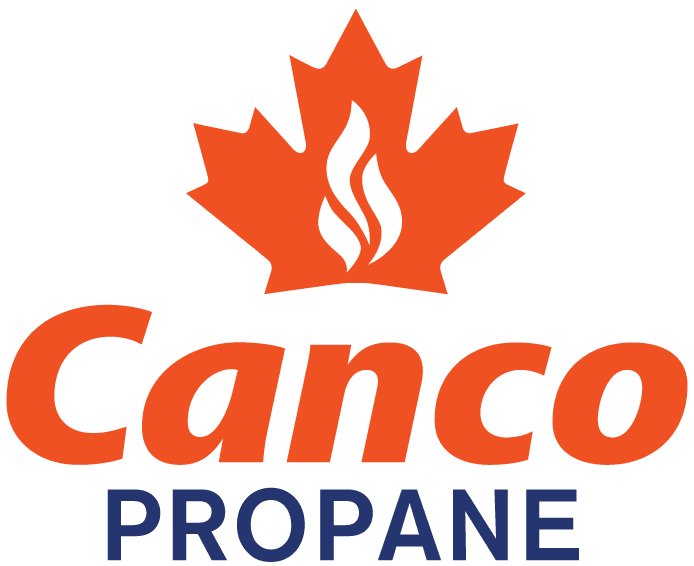

Home Heating
- More than 35% less greenhouse gases than oil
- Propane water heating is more than twice as fast as electric
- Tank sensors for self monitoring and/or automatic deliveries
- Propane is non-toxic
- Most versatile and available energy
- Elimination of environmental hazard if released into soil or water
- Promotion of longer appliance life, engine life and lower maintenance costs
Home Appliances
- Gas ranges with electronic ignition systems will use 40 percent less energy than a standing pilot system.
- Be sure that all burners are burning with a blue, cone-shaped flame. A yellow flame indicates clogged air inlets or burners that need adjustment. Contact your propane supplier’s service department immediately if you do not see a blue flame.
- Check the seal on your oven door. Gaps or tears in the seal will let heat escape and waste energy.


Propane Consumer Information
Propane is a versatile energy source used by more than 14 million families in and around their homes for furnaces, water heaters, cooktops, outdoor grills, fireplaces, generators, and other appliances. Propane is helping Canadians shrink their carbon footprint by providing a “green” solution for the environmentally conscious consumer. Propane delivers a clean, cost-effective, efficient and reliable energy solution.
General Safety Tips
- To readily recognize a leak, know what propane smells like. Propane retailers have pamphlets available with a scratch-and-sniff spot so that your entire family can recognize the smell. Propane leak detectors, similar to carbon monoxide detectors, are available. See your propane supplier to obtain one.
- If you smell a leak, immediately evacuate everyone from the building and call your local propane supplier or the fire department from your neighbor’s phone. DO NOT remain in the building, use the telephone or light switches or try to determine the source of the leak by yourself.
- Be aware of where gas service lines are located, especially when working in your yard.
- Water can damage the internal safety mechanism in the gas controls of an appliance. If you suspect that your appliance gas controls may have gotten wet (because of flooding, for example), have a trained technician replace them immediately.


Water Heaters
- Drain your tank periodically (until water runs clean – usually 2 to 3 gallons) to get rid of sediment buildup on the bottom of the tank.
Ranges
- Have your unit serviced if the burner flame is not blue. The blue flame indicates complete combustion. A yellow flame means air inlets are clogged or burners need adjustment. Contact your propane supplier’s service department immediately. Do not cover the oven bottom with foil – it can restrict air circulation.
- Never use gas ranges for home heating.

